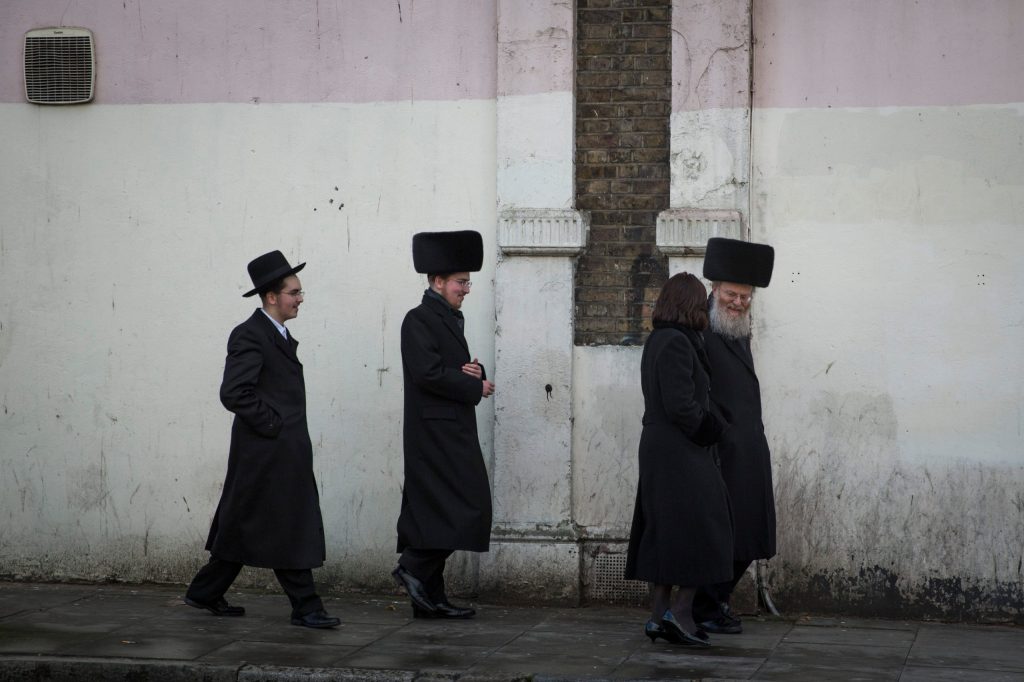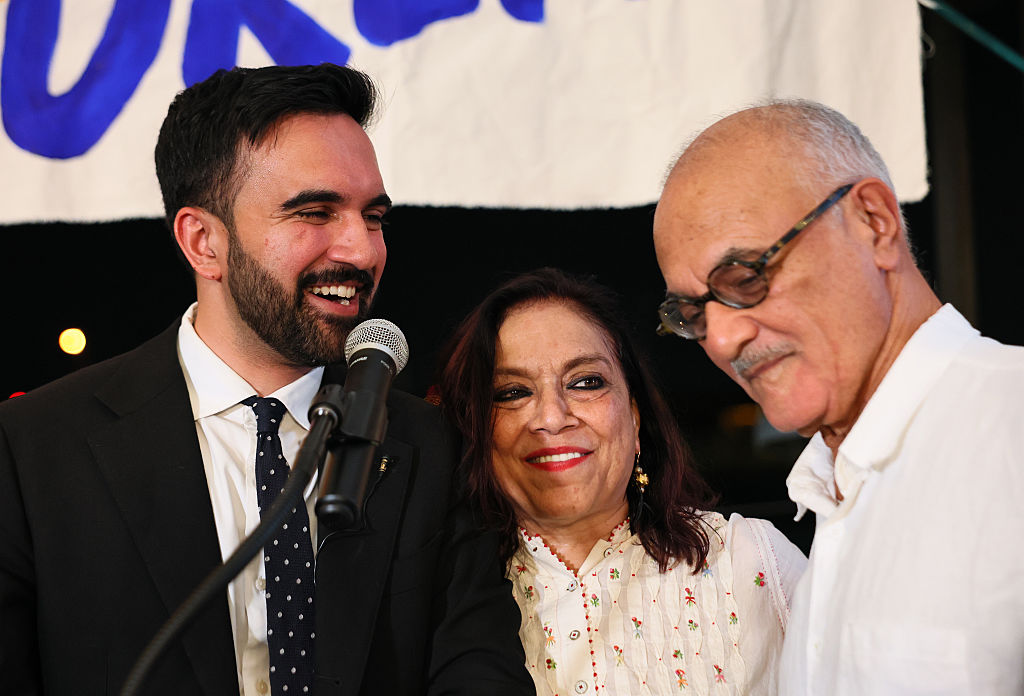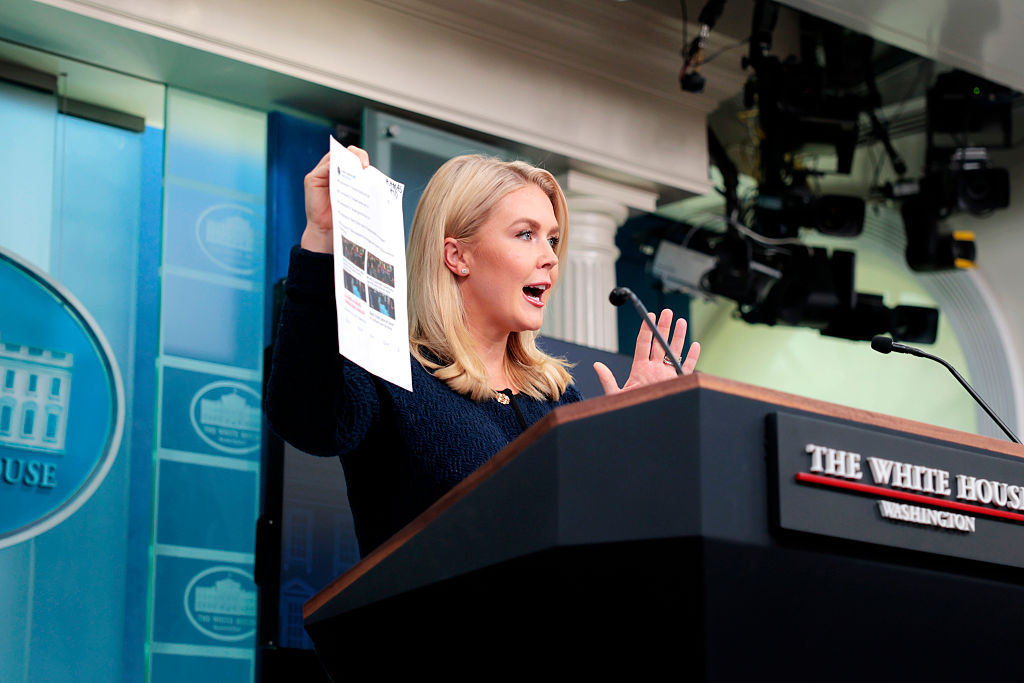Last weekend, Felix Klein, Germany’s anti-Semitism commissioner, said that he can no longer ‘recommend to Jews that they wear the skullcap at all times everywhere in Germany.’ This statement betrayed two devastating truths. First, that anti-Semitism is back with a vengeance in Germany, as elsewhere in many European states. Second, that no one with any knowledge of the situation has any confidence that things will get better anytime soon. Instead of working to change the latter, Jews are instructed to hide their faith. This is abhorrent for several reasons.
The kippah or yarmulke is, like the hijab, an external signifier. It proclaims to the world that the wearer identifies with a particular group and a particular set of ideas. As the rash of assaults against Orthodox Jews in New York City shows, religious Jews are the first and most easily targeted victims of anti-Semitic attacks. But they are never the last. Anti-Semites have an excellent Jewdar. We’re a statistical needle in the world’s haystack, and they’ll search until they find us. The same is true, but to a lesser extent, for other minorities and those who wish to harm them.
Naturally, the idea that the best way to avoid anti-Semitic attacks in Germany is for Jews to stop looking Jewish ignited a firestorm of criticism. Israeli President Reuven Rivlin said that Klein’s words ‘shocked me deeply.’ Rivlin went on to say that ‘we will never submit, will never lower our gaze and will never react to anti Semitism with defeatism — and expect and demand our allies act in the same way.’
Good.
But it’s not clear what Germany or, for that matter, France or Britain or Sweden or the Netherlands can do in the short term, beyond gestures of sympathy like donning a kippah in sympathy, as Felix Klein now advises, or issuing non-Jewish Germans with a cut-out paper kippah, as the front page of the newspaper Bild did this week. Are these ‘allies’ governments, or their citizens? And what do those citizens really think about the Jews?
An ADL study from 2015 highlighted some interesting data regarding anti-Semitism within German society, and in western Europe more broadly. Eleven classically anti-Semitic ideas were posed to respondents. For each of the 11 statements, Muslims living in Germany had a much higher rate of responding ‘probably true’ than did the overall population when asked the same question. Asked whether Jews ‘have too much power in international finance markets,’ 74 percent of German Muslims agreed, compared with 29 percent among the overall population. When asked whether Jews ‘are responsible for most of the world’s wars,’ 33 percent of German Muslims agreed, compared with 9 percent among the overall population. When asked whether Jews ‘think they are better than other people,’ 40 percent of German Muslims living in Germany agreed, as compared to 16 percent for the overall population. And so on and on and on.
Needless to say, the numbers are scary in both directions. It’s horrifyingly that 51 percent of Germans think that ‘Jews still talk too much about what happened to them in the Holocaust.’ It’s profoundly disappointing that in Germany, as in the US, charges of anti-Semitism have become a popular way to delegitimize political rivals. The right and the left fling accusations at each other, but both sides are more concerned with scoring ideological points than with the safety of Jews who are suffering increased attacks both physically and online.
Germany’s problems don’t end there.
A long-form feature in the New York Times magazine provides some context about Muslim anti-Semitism in Germany: ‘Conservative Jews see the political left as unwilling to name this problem out of reluctance to further marginalize an already marginalized group [Muslim immigrants] or because of leftist anti-Zionism.’ Sounds familiar?
Meanwhile, the hard-right, anti-Islam Alternative für Deutschland (AfD) is the third-biggest party in the Reichstag. The AfD has repeatedly sought to relativize the Nazi era, but it also exploits the cowardice and political correctness of the centrist parties, and now portrays itself as a populist defender of Germany’s Jews against the hostility of recent Muslim immigrants.
Politics makes strange bedfellows. Anti-Semitism in the United States and Europe thrives in three distinct segments of society: on the far left, on the far right, and within Muslim communities. It’s that last threat, the one that stems from attitudes that are endemic in the Islamic world and are now imported into Europe by mass migration, that gets vastly under-reported and is deeply misunderstood.
All over Germany, and all over Europe, Jews have enemies and frenemies. If they have any friends at all, now is the time for them to stand up and be counted. And now is also the time for Jews, in Europe and in the US, to recognize where their friends-for-now, or at least their defenders, are on the political spectrum.
Daniella Greenbaum Davis is a Spectator columnist and a Senior Contributor to the Federalist.

























